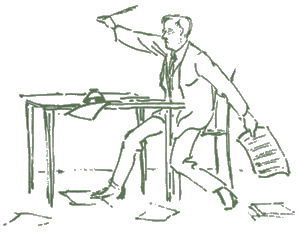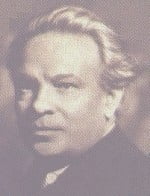These pages contain programmes and recordings of most of our recent performances. In addition, a list of every piece we have performed since 1960 is on the repertoire page and a history of the orchestra is on the about page.
Many of the sound recordings in this archive were recorded by students on the Tonmeister course at the University of Surrey, for which we are very grateful. Note that explicit approval is required for any photography or recordings, since we must have the consent of everyone involved and pay any extra fees incurred.
Click the programme covers to download the complete programme in PDF format. You can use a browser plugin such as Video & Audio Downloader to download audio and video recordings (start playing the recording to make it appear in the list).
Saturday 19 January 2002 at 7:45pm
| |
Saturday 10 November 2001
Tchaikovsky was captivated by his stay in Italy in the winter of 1879-80. His popular Italian caprice begins with a trumpet call he heard every evening from barracks near his hotel in Rome.
Arguably the most melodic of the five symphonies, the fourth was finished in London in 1833 after travels in Italy 1830-31.
Gloucestershire-born Gustav Holst parodies other composers in his one-act comic opera, first produced in London in 1923. In the ballet music, published separately in 1920, we hear the dances of the magical spirits of Earth, Water and Fire.
Respighi’s portrayal of Rome’s pines brings to life pictures of children playing, a mysterious catacomb, a night scene with a nightingale’s song, and a ghostly approaching Roman army marching down the Appian Way. One of three symphonic poems evoking the city of Rome, Respighi uses bold orchestral colours he developed studying with Rimsky-Korsakov during visits to Russia 1900-03. | |
Saturday 20th May 2000Elgar Introduction and Allegro for Strings Ravel Piano Concerto in G Sibelius Symphony No 5 in E flat Conductor Adrian Brown Dedication To Mr Barrington Pearce Elgar Introduction and Allegro for Strings Allegretto Allegro Ravel Piano Concerto in G Adagio assai Presto Sibelius Symphony No. 5 in E flat Allegro moderato Andante mosso, quasi allegretto Allegro molto Recording produced by Christopher Town (Tel 020 8851 9116) with the assistance of Timothy Yeo of Audio Digital and David Elvin. | |
Saturday 20th February 1993Prokofiev Violin Concerto No. 2 Op. 63 Tchaikovsky Manfred Symphony in Four Scenes Op. 58 Conductor Adrian Brown Prokofiev Violin Concerto No. 2 Op. 63 Andante Allegro, ben marcato Tchaikovsky Manfred Symphony in Four Scenes Op. 58 Vivace con spirito Andante con moto Allegro con fuoco | |
Concert 26th March 1990Festival of Arts for Bromley BoroughCarey Blyton Fanfare “Scramble!” Berlioz “La Grande Messe des morts” The Festival Orchestra & Chorus With brass groups from: Conductor Adrian Brown Tenor Piotr Kusiewicz Carey Blyton Fanfare “Scramble!” Berlioz “La Grande Messe des morts” Recording by Christopher Town reproduced with his permission. | |
Concert 25th May 1964String section concert Guest Conductor Sir Adrian Boult Soloist John Coulling Elgar: Serenade Telemann: Viola Concerto Tomlinson: Two Pieces for Strings Britten: Simple Symphony Hindemith: Trauermusik | |
Concert Saturday 5th October 1963(String section) Service of music in memory of Marjorie Whyte Ralph Vaughan Williams: Valiant for Truth Holst: Psalm 148 Brahms: Requiem How Lovely Schubert: Psalm 23 Ralph Vaughan Williams: For All the Saints Bach: Violin Concerto in E Major |





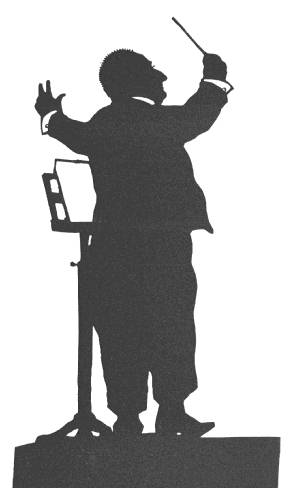
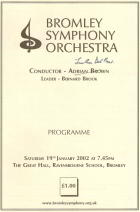
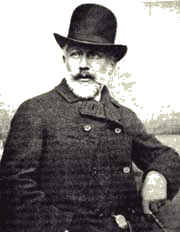
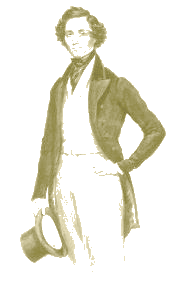 Mendelssohn Italian Symphony
Mendelssohn Italian Symphony